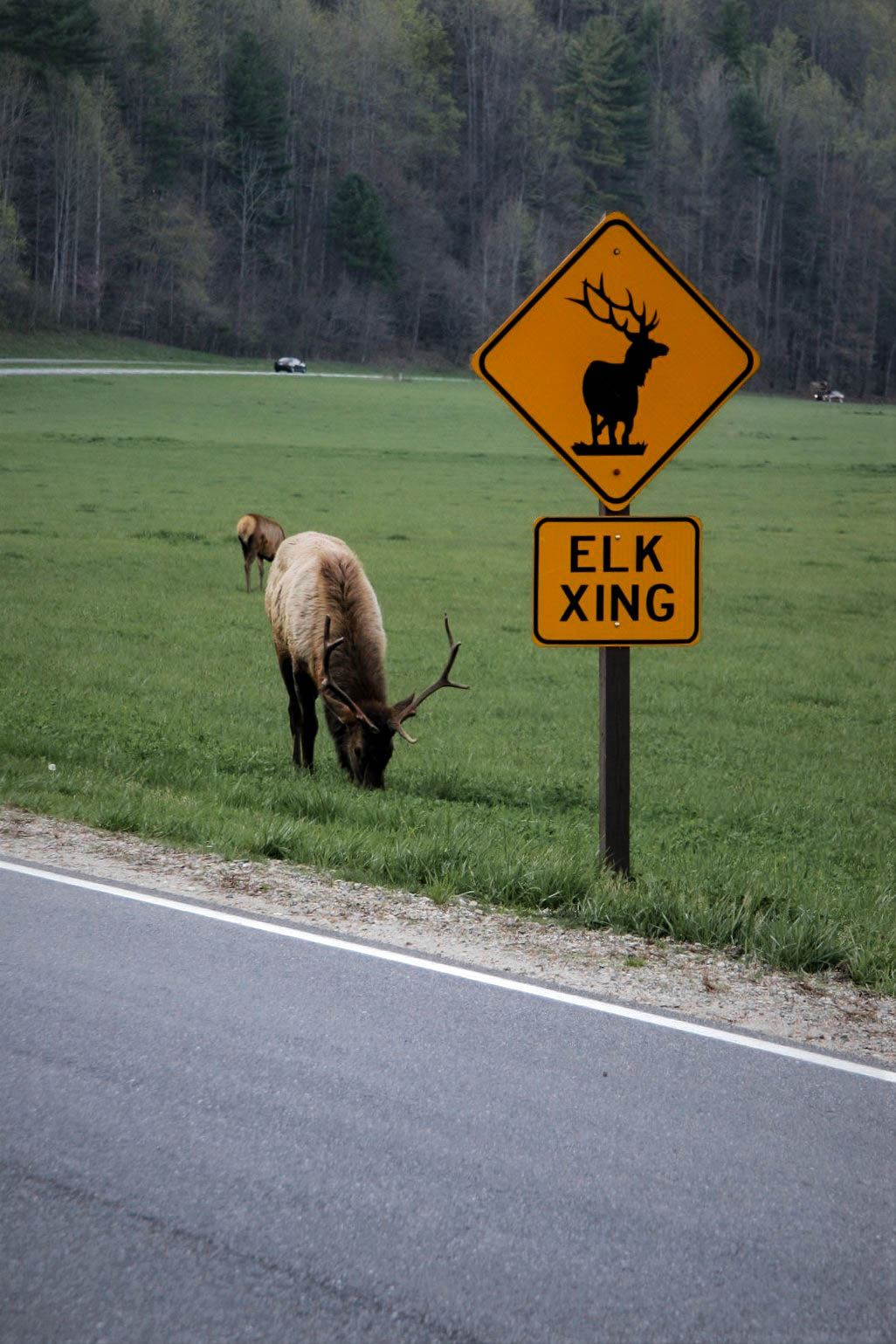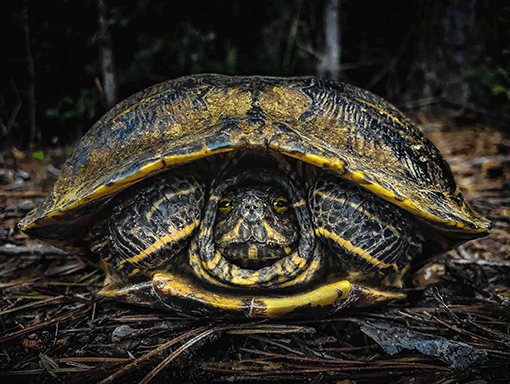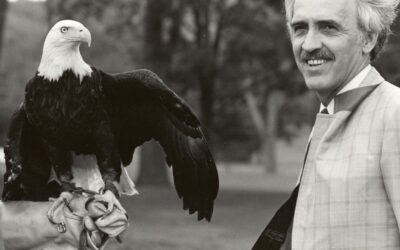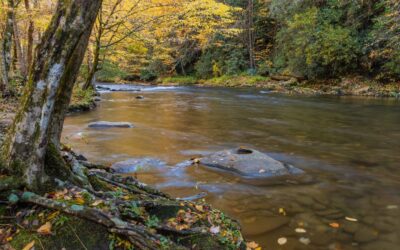Unsafe Roadways for Wildlife and People
Roads connect us, but they are often impossible and deadly barriers to wildlife. Creating tunnels, bridges, and other wildlife-friendly infrastructure to increase habitat connectivity and reduce wildlife-vehicle collisions is essential to improve the safety of wildlife and people traveling through these areas.
Roads Connect People and Disconnect Wildlife
Roads often pass through wildlife habitat, meaning wildlife regularly need to cross roads to get to food, water, and other essential resources. On roads that are heavily-traveled by people, wildlife-vehicle collisions (WVCs) are common.
It is estimated that tens of millions of mammals, reptiles, birds, and other wildlife are killed on U.S. roads every year. One solution for lessening the impacts of roads on wildlife is creating wildlife crossing infrastructure to allow wildlife to safely cross or travel along roadways.
A portion of I-40 through Great Smoky Mountains National Park is a prime example of the need for wildlife crossings. On an average day, more than 28,000 vehicles travel along I-40 through the Pigeon River Gorge in the park. From 2001 to 2021, more than 300 vehicle collisions with black bears, deer, and elk were recorded along that stretch of interstate. Roadside cameras along I-40 from 2018 to 2020 detected over 6,500 instances of those species near the road.
Many states have implemented wildlife crossings and have seen fewer WVCs as a result. Types of crossing infrastructure include culverts, overpasses, signs, bridge extensions, and much more. Since roads—and wildlife—cross state lines, this issue requires multiple partners across states to work together to find research-based, effective solutions.
Tennessee Wildlife Federation is part of a collaborative effort to find solutions that make roads through wildlife habitat safer. Safe Passage: The I-40 Pigeon River Gorge Wildlife Crossing Project is working to end WVCs and create a safer space for both people and wildlife to travel in eastern Tennessee and western North Carolina. The goal of this project is to build a variety of infrastructure for wildlife crossings along a 28-mile stretch of I-40 in the Pigeon River Gorge.
Research and planning for this project is ongoing. More information on the progress can be found at smokiessafepassage.org.

Speak out
Help lead Tennessee's wildlife and habitat conservation movement by making your voice heard.
Give
Your generosity helps manage wildlife populations and restore habitats for a more vibrant Tennessee.
Sign up for action alerts
Learn More
Corporate Partners Support Conservation Progress
By joining the Federation’s Corporate Council, companies link arms with a recognized leader in conservation and the millions of hunters, birders, anglers, and outdoor enthusiasts we represent.
In Memory of Anthony “Tony” Campbell
On July 27, Tennessee Wildlife Federation lost its first executive director and longtime friend, Anthony “Tony” Campbell.
Advocating for Sound Policy at the 2023 General Assembly
Every year, Tennessee Wildlife Federation tracks the legislation at state and federal levels to advocate for bills that will advance conservation and against those that will negatively impact wildlife, lands, outdoor recreation, and more.




